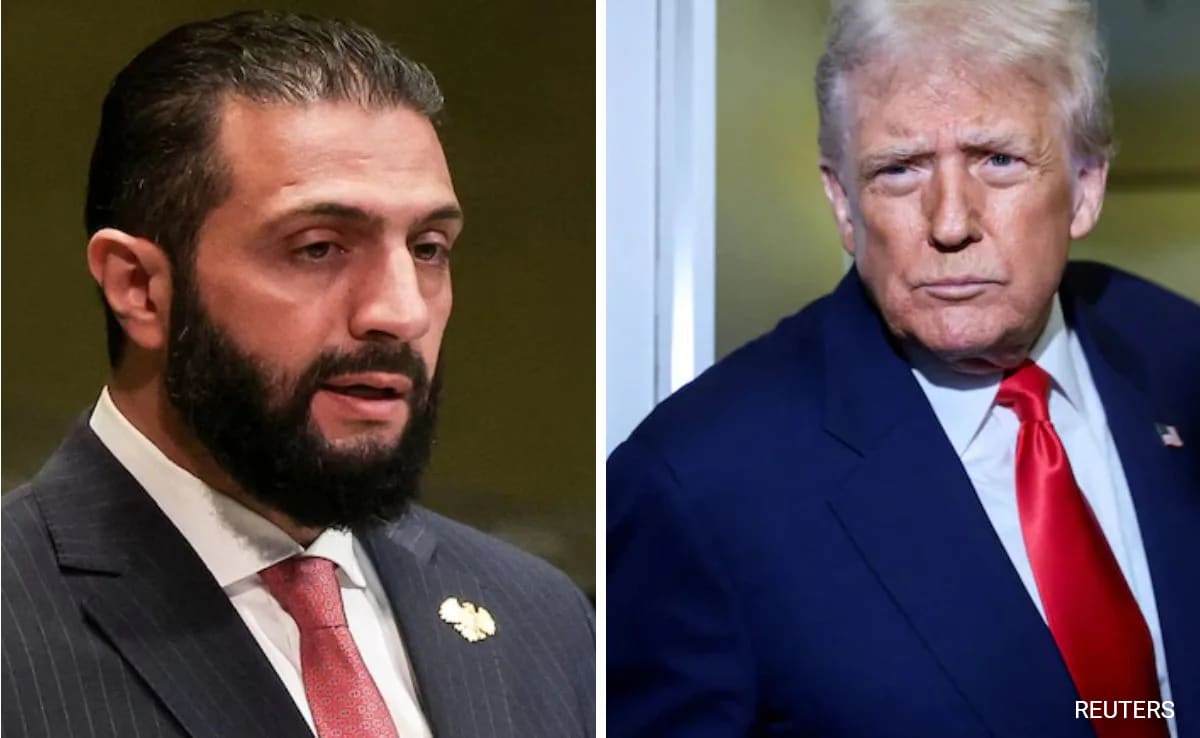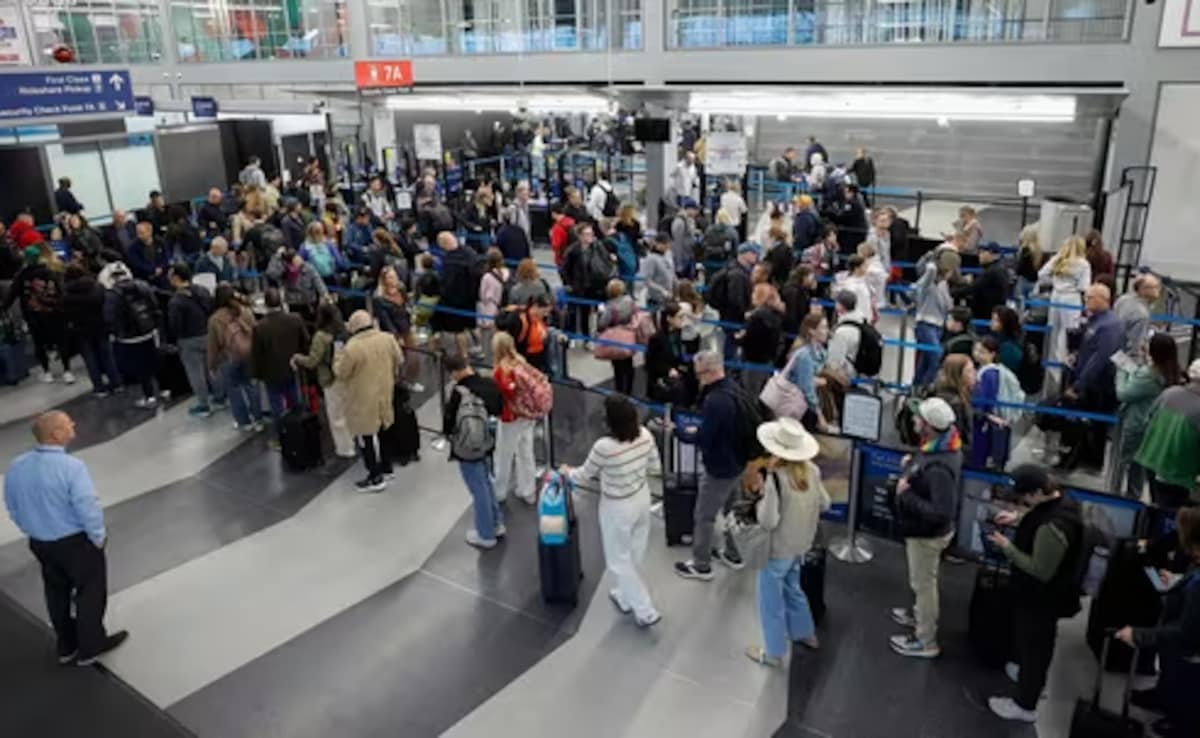As he succeeds Suga, Kishida faces challenges such as the pandemic, a stagnant economy and a region increasingly dominated by China. But his first order of business will be preparing to fight a general election in the fall, which the LDP is expected to win.
Among Kishidaâs banner platforms is decreasing the income gap, through redistributing wealth and reining in the market-oriented policies that were the core part of the economic agenda of Sugaâs predecessor, Shinzo Abe.
As leader of the long-time ruling party, Kishida is expected to continue the foreign policy approach that Suga and Abe had championed. That includes an emphasis on the U.S.-Japan alliance, commitment to a âFree and Open Indo-Pacific,â and solidifying partnerships with other members of the âQuadâ group of like-minded countries to build influence and counter Chinaâs growing clout in Asia.
âFrom a security standpoint, diplomatic standpoint, I donât think weâre going to see much change,â said Jeffrey Hornung, an expert in Japanese security and foreign policy at the Washington-based RAND Corporation.
Any marginal difference perceived by Washington likely will be in Kishidaâs leadership style compared to his predecessors, and he will still be viewed as someone who would value the U.S.-Japan alliance, Hornung said. Of interest to Washington will be how Japanâs more vocal embrace of Taiwan evolves under Kishida and whether he will take steps to improve relations with South Korea, Hornung said.
The party election is usually a sleepy affair where results are pre-determined by the partyâs elders. But Wednesdayâs four-way contest was unpredictable and drew an unusual amount of public interest, despite the fact that the public had no vote in the election.
Kishida won after a run-off against Taro Kono, Japanâs vaccine chief. Both were considered the top two candidates.
.png)











 English (United States) ·
English (United States) ·  Turkish (Turkey) ·
Turkish (Turkey) ·